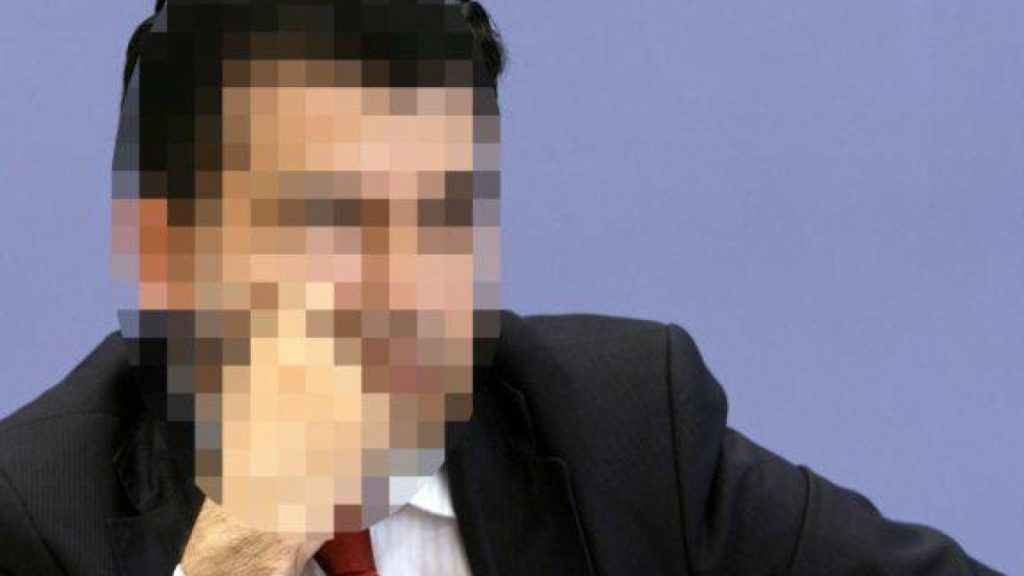A false professor and self-proclaimed Islam expert has allegedly defrauded the state of North Rhine-Westphalia for over €700,000. Despite facing charges, he continues to be active. Investigations have now revealed that he also deceived the European Union Commission. In the spring of 2021, Ahmet Ü. worked as a lecturer at the University of Duisburg-Essen and advised the Ministry of Education in Düsseldorf on politically sensitive issues related to Islamic religious education. However, it was uncovered that Ü. was not a professor and had not earned a doctoral degree, as he claimed. He falsely presented himself as an authority in various settings, leading to him being indicted for fraud.
The District Court of Duisburg has allowed a trial against Ü. to proceed, with charges including forgery, unauthorized use of academic titles, and fraud in 28 instances. It has been revealed that Ü. went further than initially known by using falsified documents to secure a teaching position in 2009, leading to him being granted civil servant status and receiving over €711,000 in earnings. Despite facing legal proceedings, Ü. appears to remain active in the education sector. A foundation he established is involved in a project funded by the EU Erasmus program, aimed at enhancing Turkish language skills for bilingual learners in Europe and young migrants in Turkey. Ü. is involved as a lecturer in this project, raising questions about the EU’s partnership with him given the ongoing legal issues.
The European Commission, together with the Turkish National Agency, supports the project involving Ü.’s foundation called “Dil Agaci” or “Language Tree”. The project aims to improve Turkish language proficiency and provide training for Turkish language teachers, potentially in Germany as well. However, the legitimacy of Ü.’s foundation is called into question, with discrepancies and mysterious details surfacing regarding the individuals associated with it. A professor registered in the founding documents denies any knowledge of their role, while another alleged professor lacks any academic publications to support their credentials. These inconsistencies raise concerns about the foundation’s operations.
The partnership between the EU and Ü.’s institute raises further suspicions about the allocation of funds and the vetting process for such collaborations. Questions remain unanswered about the amount of money received from the EU and the justification for working with an entity connected to a suspected fraudster. Despite the ongoing legal proceedings, Ü. continues to be actively involved in educational initiatives, which warrants scrutiny from authorities and stakeholders involved. The investigation into Ü.’s activities sheds light on the potential risks associated with fraudulent individuals operating within the sphere of education and receiving funding from reputable institutions.
As the legal proceedings against Ü. progress, the case highlights the need for increased oversight and due diligence in the allocation of public funds and collaboration with external entities. The implications of working with individuals with questionable backgrounds, such as Ü., raise concerns about the integrity of educational programs and the credibility of entities involved. The ongoing investigation serves as a reminder of the importance of transparency and accountability in partnerships between public institutions, such as the EU, and external organizations, to prevent fraudulent activities and protect the interests of stakeholders and the public.


